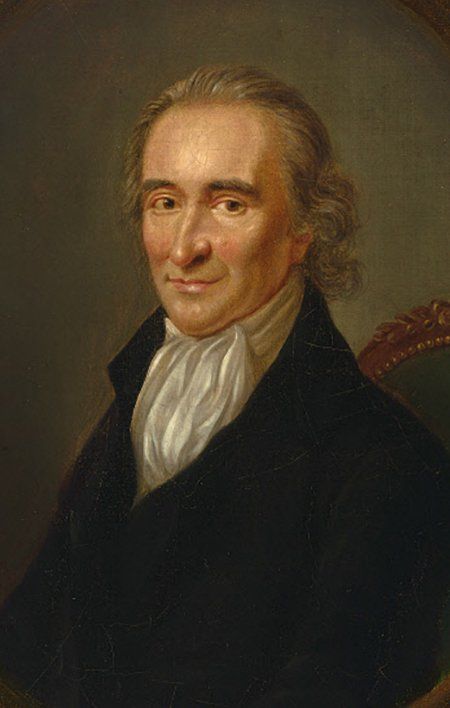
Slide title
Write your caption hereButton
Slide title
Write your caption hereButton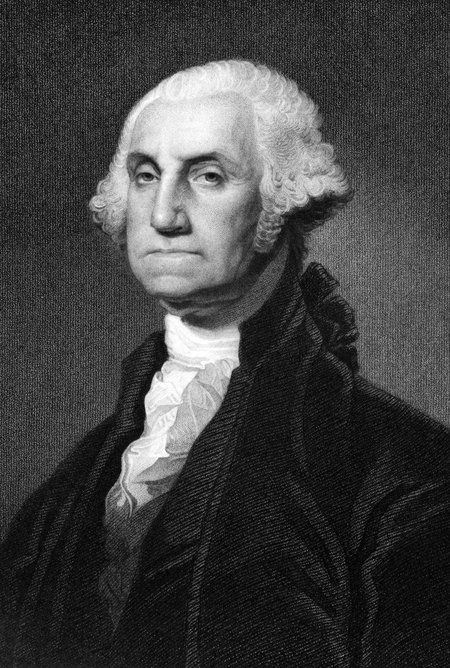
Slide title
Write your caption hereButton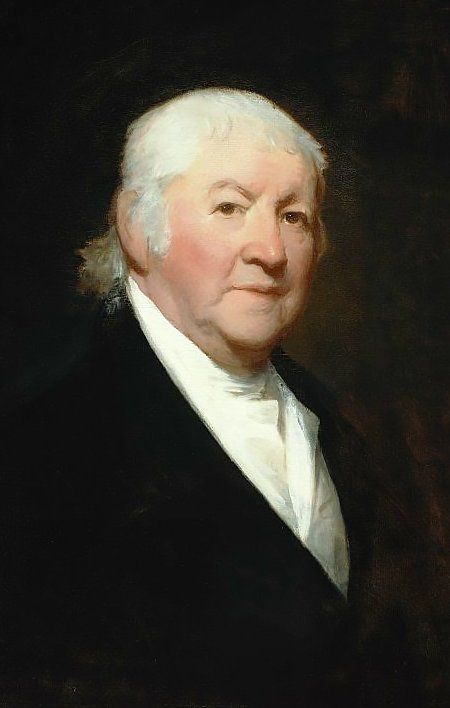
Slide title
Write your caption hereButton
Slide title
Write your caption hereButton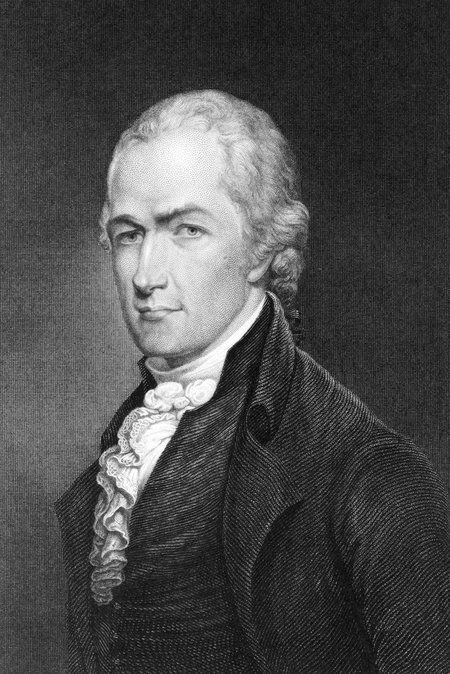
Slide title
Write your caption hereButton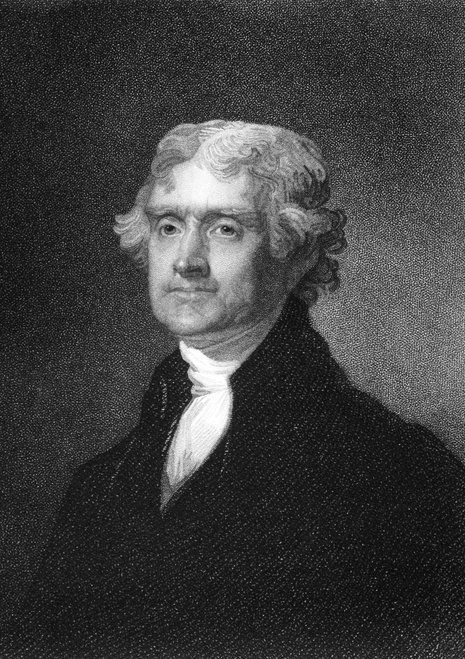
Slide title
Write your caption hereButton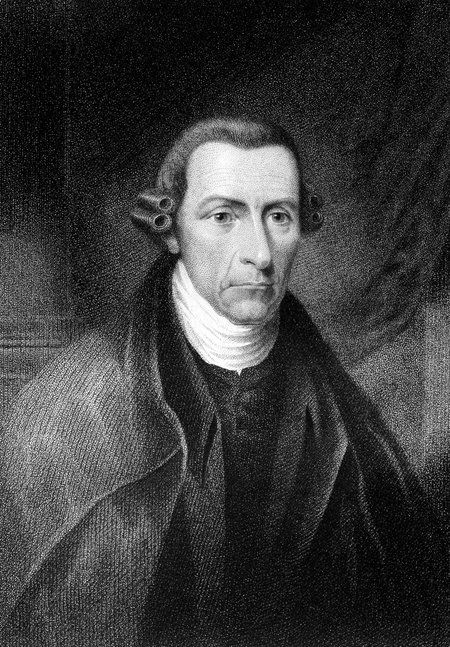
Slide title
Write your caption hereButton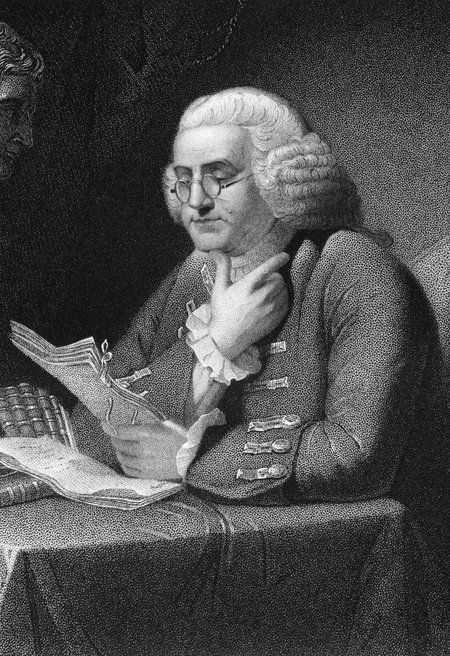
Slide title
Write your caption hereButton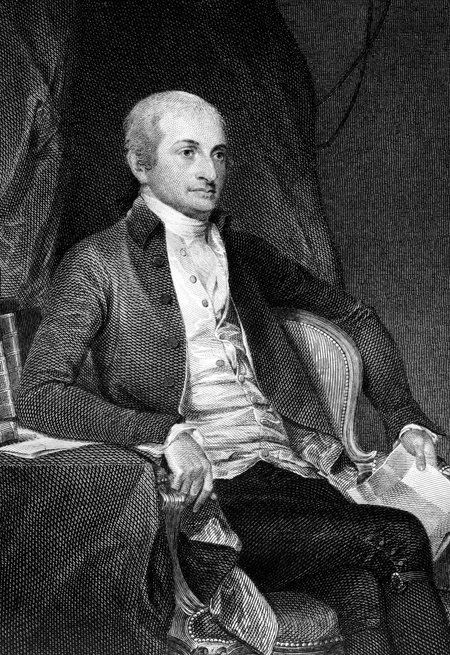
Slide title
Write your caption hereButton
Founders' Gallery

Slide title
Write your caption hereButton
Slide title
Write your caption hereButton
Slide title
Write your caption hereButton
Founders' Gallery
Millions of men and women have played a role in creating and sustaining a nation where the immortal words of Thomas Jefferson – “We hold these truths to be self-evident, that all men are created equal, that they are endowed by their Creator with certain unalienable rights, that among these are life, liberty and the pursuit of happiness.” – might ring true. From the original signers of the Declaration of Independence and those who fought in the American Revolution, to the civil rights marchers of the twentieth century and all those who fight for freedom today, many have pledged their lives, fortunes, and sacred honor to this country.
Our site cannot hope to honor them all.
Instead, we have chosen to focus on the men who played vital roles in the American Revolution and in building the nation that won its independence from Great Britain. This period is often referred to as The Founders’ Era, starting in 1760 and ending in 1805. Our list includes politicians and philosophers, inventors, soldiers, writers, and riders. What binds them together is their love of liberty, their vision of what America could be, and their willingness to do whatever it took to make that vision reality.
We invite you to learn more about these men by reading the brief biographies below. If you have questions or want to learn more, please visit our References
page.

George Washington (1732-1799)
The “Father of his country,” the commander-in-chief of the Continental Army, and the first President of the United States, George Washington takes a well-deserved first place on virtually any list of America’s Founding Fathers, and this list is no exception.
Washington was born to a family of moderately prosperous planters in Virginia. Originally, he trained as a surveyor. He fought in the French and Indian War. Because of his military experience, the Second Continental Congress named him Commander-in-Chief of the Continental Army in 1775. It would take eight years of hard fighting and many setbacks, but eventually Washington would lead his army to victory and secure independence for the United States.
After the war, Washington did not at first seek additional political power. It was not until the new nation was in trouble that he returned to the national stage. He led the Constitutional Convention (which wrote the Constitution) in 1787, and in 1789 was unanimously elected President. Washington would go on to serve two terms and set many precedents still in use today, from the title “Mr. President” to the use of a Cabinet of advisors.
Washington chose not to seek reelection in 1796 and left office in 1797. He spent his final two years seeing to business interests, but he also served his country as Commanding General when war with France looked likely. He died in 1799 at his Virginia estate, Mount Vernon.
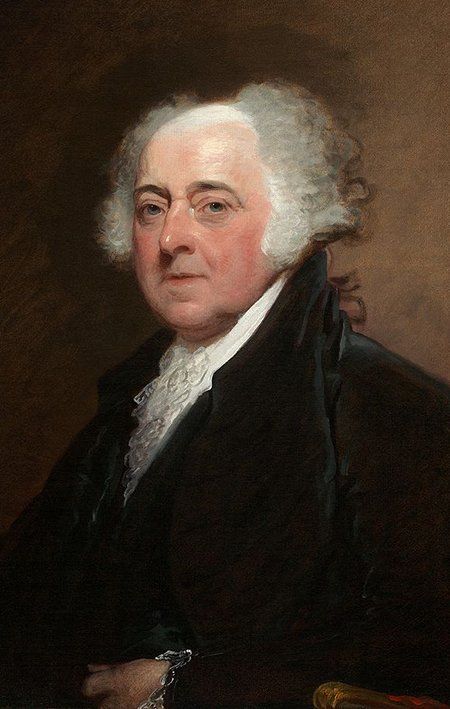
Photo Credit: By Gilbert Stuart - National Gallery of Art, Washington, Public Domain
John Adams (1735-1826)
John Adams was born in Braintree, Massachusetts (now Quincy, Massachusetts) to a moderately prominent family. He was educated at Harvard College and eventually became a lawyer. When tensions in Boston were running high over British taxes and high-handed treatment, he worked with his cousin, Samuel Adams, to organize a response to British tyranny. However, Adams was always a man of principle, so much so that he defended the British soldiers who perpetrated the Boston Massacre in court and managed to win acquittals for most of them.
However, while Adams believed that no defendant should be without a lawyer, he also believed that the time for British rule had come to a close. He served in the Continental Congress and was one of the leading advocates for independence. In 1776, he helped to draft the Declaration of Independence with Thomas Jefferson and was instrumental to its adoption. After independence was declared, he served as a diplomat in France and the Dutch Republic. He helped to draft the Massachusetts Constitution and to negotiate the Treaty of Paris, which ended the Revolutionary War.
Adams did not take part in the Constitutional Convention, as he was serving as Ambassador to Great Britain at the time. However, he did return home in time to be elected to serve as the nation’s first Vice President under George Washington. He served as Vice President throughout Washington’s two terms and succeeded him to the presidency in 1797.
Adams only served one term as President, which was marked by fears of war with France and domestic unrest. He was defeated in his bid for reelection in 1800 by Thomas Jefferson, his former friend and Vice President. After his presidency, Adams returned home to Massachusetts. He expended his energy creating a family of diplomats, politicians, and historians. Eventually, he would rekindle his friendship with Jefferson. Adams died on July 4, 1826, 50 years to the day after the Declaration of Independence was signed, and just a few hours after Jefferson died.

Thomas Jefferson (1743-1826)
Thomas Jefferson was born in Virginia from a wealthy family and was originally educated as a lawyer. He served in the Virginia House of Burgesses and was selected as a delegate to the Continental Congress in 1775.
The primary question before the Continental Congress was that of independence. Jefferson was for it, and he would eventually draft the Declaration of Independence, which was signed in 1776. It is his words that Americans celebrate every July 4th.
Jefferson continued to serve his country throughout the Revolution, both in the Continental Congress and eventually as governor of Virginia. In 1785, he became the United States Minister to France. He was in France as the Constitution was written and as the French Revolution broke out. He returned to the United States in 1789 and was quickly appointed the first Secretary of State of the new nation.
Jefferson served George Washington faithfully as Secretary of State, but during his tenure his views began to radically diverge from those of many other members of Washington’s administration, including his former friend, John Adams, and Alexander Hamilton. When Washington declined to stand for reelection in 1796, Jefferson ran for president. He lost but was elected to serve as Adams’s Vice President. In 1800, Jefferson again ran for president and this time defeated Adams.
Jefferson served two terms as president (1801-1809) and they were busy ones. During his presidency, he conduced the Louisiana Purchase and sponsored the expedition of Lewis and Clark. He also saw worsening tensions between the United States and Great Britain, which would eventually erupt into the War of 1812.
Following his presidency, Jefferson retired to Monticello, his Virginia plantation. He remained busy and active, founding the University of Virginia and rekindling a friendship with Adams. He died 50 years to the day after the Declaration of Independence was signed – July 4, 1826 – only hours before Adams.

James Madison (1751-1836)
James Madison was born in Virginia to a prominent and wealthy family. He studied at Princeton University but was unsure of his career until the Revolution broke out. Though he was frequently in poor health, he served in the military (never actually seeing a battle) until he was elected as a delegate to the Fifth Virginia Convention, which would write Virginia’s first constitution.
It as a constitution-writer that Madison first gained prominence. He is known as the Father of Constitution for his work organizing the Constitutional Convention in 1787, drafting the Constitution, and later defending and amending it. He was one of the primary authors of the Federalist Papers, a series of essays explaining and defending the Constitution designed to secure its ratification. He wrote 29 of the 85 essays.
Once the Constitution was adopted, Madison served in the House of Representatives. There, he drafted the first ten amendments to the Constitution, known today as the Bill of Rights. He was a close political ally of Thomas Jefferson, serving under him as Secretary of State. In 1808, Madison was elected to succeed Jefferson as President.
Madison served two terms, 1809-1817. The War of 1812 was the primary action of his presidency. While there were many military setbacks during the war, Madison held the country together long enough to negotiate a peace with Great Britain.
After his presidency, Madison retired to his Virginia estate, Montpelier. It was not far from Jefferson’s Monticello, and the two men would collaborate on founding the University of Virginia. Madison remained somewhat active in political life and readily advised the presidents who succeeded him. He died in 1836.

Benjamin Franklin (1706-1790)
Throughout his long and storied life, Benjamin Franklin served as a printer, author, politician and political theorist, diplomat, inventor, scientist, and statemen – among other things. He was born in Boston but ran away when he was 17 and settled in Philadelphia. By the age of 23, he began publishing the Pennsylvania Gazette.
In the years before the Revolution, Franklin not only made his fortune, but also made a name for himself. He founded the Academy and College of Pennsylvania (later the University of Pennsylvania) and helped to organize the American Philosophical Society. He served as deputy postmaster-general for British North America. He invented the lightning rod, Franklin stove, and pro-con list. He also was an early advocate for American unity, and he helped the effort to have the Stamp Act repealed by the British.
Franklin was therefore quite well-known by the time he served in the Continental Congress. He was already an advocate for independence, and he joined the Committee of Five drafting the Declaration of Independence. Once the Declaration was adopted, Franklin was named United States Postmaster General. In 1776, he was named Ambassador to France and stayed there until 1785.
Franklin was 79 when he returned home, but remained active for as long as he could. He served three years as president of the Supreme Executive Council of Pennsylvania, which effectively made him governor of the state. He also served in an honorary capacity in the Constitutional Convention of 1787.
After the Convention, Franklin’s health began to decline, and he was rarely seen in public. He died in 1790 at the age of 84.

Alexander Hamilton, (1755/1757-1804)
The “ten-dollar Founding Father,” Alexander Hamilton has lately seen a resurgence in popularity thanks to the hit Broadway musical bearing his name. However, Hamilton’s life is far too complex to be completely accurately represented in any musical, no matter how popular.
Hamilton was one of the few Founding Fathers not born in the area that would become the United States. Instead, he was born in the Caribbean on the island of Nevis. His parents were not married, and historians are not sure exactly when he was born. He came to New York City in 1772 to pursue his education. That education was interrupted when the Revolution broke out. Hamilton eagerly served his adopted country, eventually becoming a senior aide to George Washington.
When the Revolution concluded, Hamilton finished his education and practiced as a lawyer in New York. Eventually, he became interested in public service. He served at the Constitutional Convention. With James Madison and John Jay, he wrote the Federalist Papers, a series of essays explaining the Constitution and arguing for its ratification. Hamilton did the bulk of the work, writing 51 of the 85 essays.
After Washington was elected president, Hamilton served as the nation’s first Secretary of the Treasury. During his tenure, he was a leading advocate of a strong central government. He nationalized the debts assumed by the states during the Revolution and helped to establish the First Bank of the United States and the U.S. Mint. He also frequently argued with Secretary of State Thomas Jefferson on both domestic and foreign policy.
Hamilton left government service in 1795. While and John Adams were in the same political party, they were personal and political rivals and did not work together. Hamilton’s rivalry with Jefferson was even fiercer, but he helped to elect him in 1800 by eroding Adams’s support and by arguing that Jefferson was a better candidate for president than his running mate, Aaron Burr.
Even though Hamilton’s party was out of power, he still remained active in politics, especially in New York. When Burr ran for New York governor, Hamilton not only argued against him politically but made some comments on his personal morality. Burr heard about the comments and challenged Hamilton to a duel. Hamilton accepted, and the duel was fought on July 11, 1804. Hamilton was fatally wounded and died the next day.

Patrick Henry (1736-1799)
Known for his declaration, “Give me liberty, or give me death!” Patrick Henry was born in Virginia and would eventually become a lawyer. He first made his name fighting not for freedom from Great Britain but for the right of people in the colonies to worship freely. This early taste of fighting for freedom, however, was a prelude of what was to come.
Henry started arguing against British actions in 1765, when the Stamp Act passed. His impassioned, inflammatory rhetoric helped him to make a name for himself. He served in the First and Second Continental Congresses. Although he was not a main player in either of these bodies, he became a staunch advocate for independence.
Henry’s finest hour came in 1775, with his “Liberty or Death” speech in favor of independence. He continued to advocate for independence. When Virginia declared its independence, Henry helped to draft its constitution and the Virginia Declaration of Rights. He would then be elected governor and serve for five one-year terms. He would serve two additional one-year terms from 1784-1786.
Because he was such a staunch advocate for personal liberty, Henry did not favor a strong central government. He refused to take part in the Constitutional Convention, and when the Constitution was drafted, argued against its ratification. The Constitution was ratified, however. In response, Henry largely retired from public life, returning to his law practice and private business. He died in 1799.

Photo Credit: By Laurent Dabos - National Portrait Gallery, Public Domain
Thomas Paine (1737-1809)
Thomas Paine is another of the Founding Fathers who was not born in the future United States; he was born in England and came to the colonies in 1774, on the eve of revolution.
It did not take him long to become a staunch advocate of the cause of his new country. In January 1776, Paine wrote Common Sense, a pamphlet laying out the reasons for revolution. While Paine’s ideas were not original, his style was. He wrote in a way that the average reader or listener of his era would understand and clearly laid out the reasons for independence. It became a bestseller, and Paine followed it up with another pamphlet series, The American Crisis, which ran from 1776-1783.
Paine traveled throughout Europe seeking funding for the Revolution, but by 1787 he was back in Great Britain. He traveled frequently between France and Great Britain as revolution began to brew in the latter. Paine was a staunch supporter of the French Revolution and wrote the Rights of Man defending it in 1790. He would move to France and serve in its National Assembly, but was imprisoned during the Reign of Terror. The American Ambassador to France, James Monroe, would have to use his influence to secure Paine’s freedom.
Paine continued writing in defense of liberty and for the common people, but eventually some of his ideas (particularly those against Christianity) would cost him popular support and goodwill. He returned to the United States in 1802 and remained there until his death in 1809. He died in obscurity, but his words have been and remain an influence on many American patriots.

Photo Credit: By Gilbert Stuart - From the Boston Museum of Fine Arts, Public Domain
Paul Revere (1735-1818)
Paul Revere is unique among the Founding Fathers, as he was not a politician, statesman, military hero, or philosopher. Instead, he was a relatively ordinary man who was there for his country when it needed him most.
Revere was born in 1735 in Boston and was apprenticed as a silversmith at the age of 13. Because of this, he had connections to a cross-section of Boston society. He was an early member of the Sons of Liberty and used his business to support their cause. He would eventually engrave a famous depiction of the 1770 Boston Massacre.
However, his true claim to fame came in 1775. This was the “Midnight Ride of Paul Revere,” during which he warned the citizens of several Massachusetts towns that British troops were on the move and planning to confiscate weapons and arrest rebel leaders. This was the night before “the shot heard round the world” at Lexington on April 19, 1775.
After his midnight ride, Revere served for a time in the Continental Army. He was not particularly successful and was asked to resign his post in 1779. After the war, Revere returned his silversmithing business. He remained politically active but did not hold high office. He died in 1818.

John Jay (1745-1829)
John Jay was born in 1745 in New York. His family were wealthy merchants and government officials. He trained as a lawyer. He became active in revolutionary activity early. Though he was at first a moderate, he soon realized the need for independence and threw his support behind the Declaration of Independence.
During the Revolutionary War, Jay was active in politics, serving in both his home state of New York and the Continental Congress. He was appointed Minister to Spain in 1779. In 1782, he was sent to Paris, where he helped to negotiate the Treaty of Paris that would end the Revolutionary War. His diplomatic efforts continued after the war, serving as Secretary of Foreign Affairs from 1784-1789 and as acting Secretary of State until Thomas Jefferson could take up the post.
Though he did not attend the Constitutional Convention, Jay was a prominent proponent of the Constitution. With James Madison and Alexander Hamilton, he wrote the Federalist Papers. He wrote five of the 85 essays.
After the Constitution was ratified, George Washington appointed Jay as the first Chief Justice of the Supreme Court of the United States. He was unanimously confirmed by the Senate. He served as Chief Justice from 1789-1795. The court only heard four cases in that time period, giving Jay time to travel to Great Britain to negotiate Jay’s Treaty. He resigned from the Supreme Court in 1795 to serve as Governor of New York from 1795-1801.
In 1801, Jay was offered the opportunity to be nominated to serve as governor again, and President John Adams appointed him to the Supreme Court again. Jay declined both because of poor health. He retired to his farm in Westchester, New York. He stayed largely out of politics until his death in 1829.
More Biographies Coming Soon
Joseph Warren
John Dickinson
Samuel Adams
John Hancock
Gouverneur Morris
George Mason
John Paul Jones
Henry Knox
Nathaniel Greene
Benedict Arnold
Haratio Gates
Marquis de Lafayette
Friedrick W. von Steuben
Daniel Morgan
John Sullivan
Louis Deportail
Lord Sterling
John Stark
Ethan Allen
Robert Morris
Benjamin Rush
Henry Laurent
Admiral de Grasse
John Glover
Admiral Rochambeau
